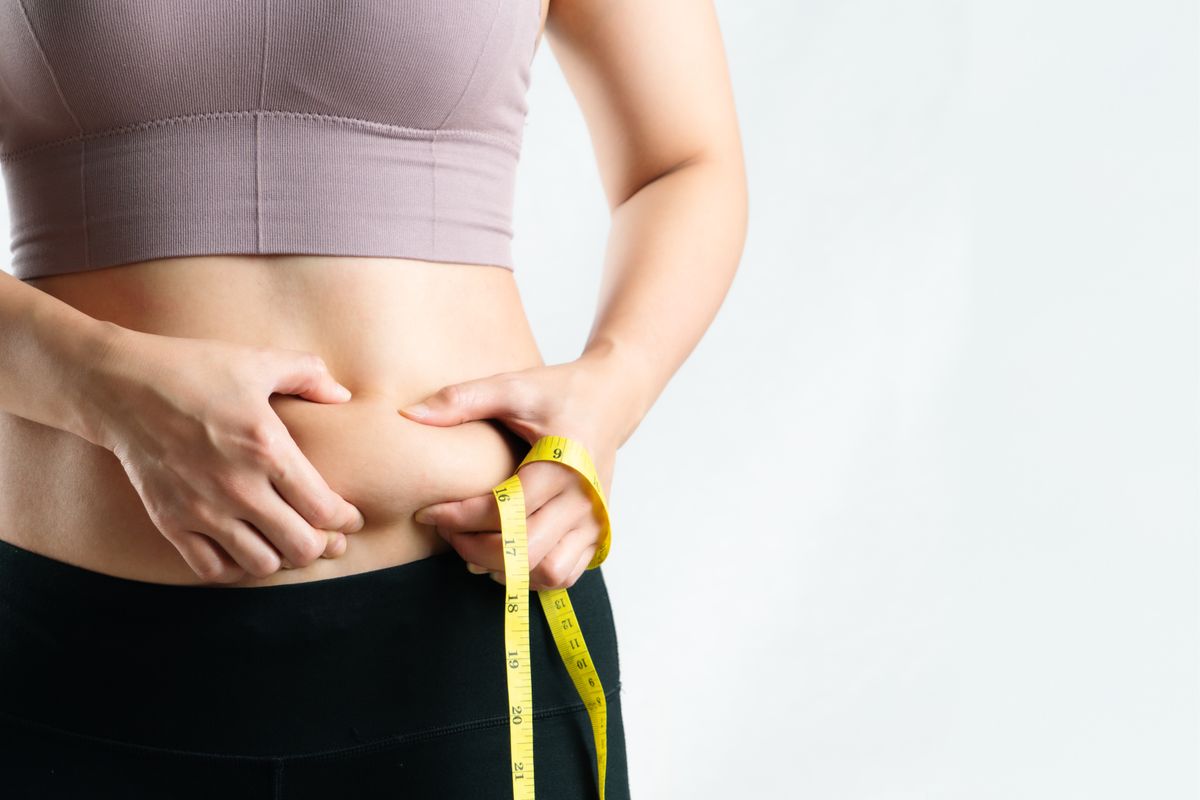Embracing your 50s marks another wonderful phase of life. However, the challenge of shedding weight becomes increasingly real as you age. By incorporating essential changes into your routine, you can effectively target that stubborn belly fat, rekindling excitement about fitting into those snug jeans you were about to discard. If you're seeking guidance on how to lose belly fat after 50, we've consulted two esteemed members of our Medical Expert Board: Brittany Dunn, MS, RDN, CD, a registered dietitian and chef specializing in sports nutrition, and Amy Shapiro, MS, RD, CDN, the founder and director of Real Nutrition, a private practice in New York City that is devoted to skillfully and healthfully guiding clients towards optimal nutrition, weight, and overall well-being. They will comprehensively explain how you can diminish belly fat, unveiling a more streamlined version of yourself.
Continue reading to discover these expert-endorsed recommendations, tips, and strategies.
1) Prioritize Fiber-Rich Foods:
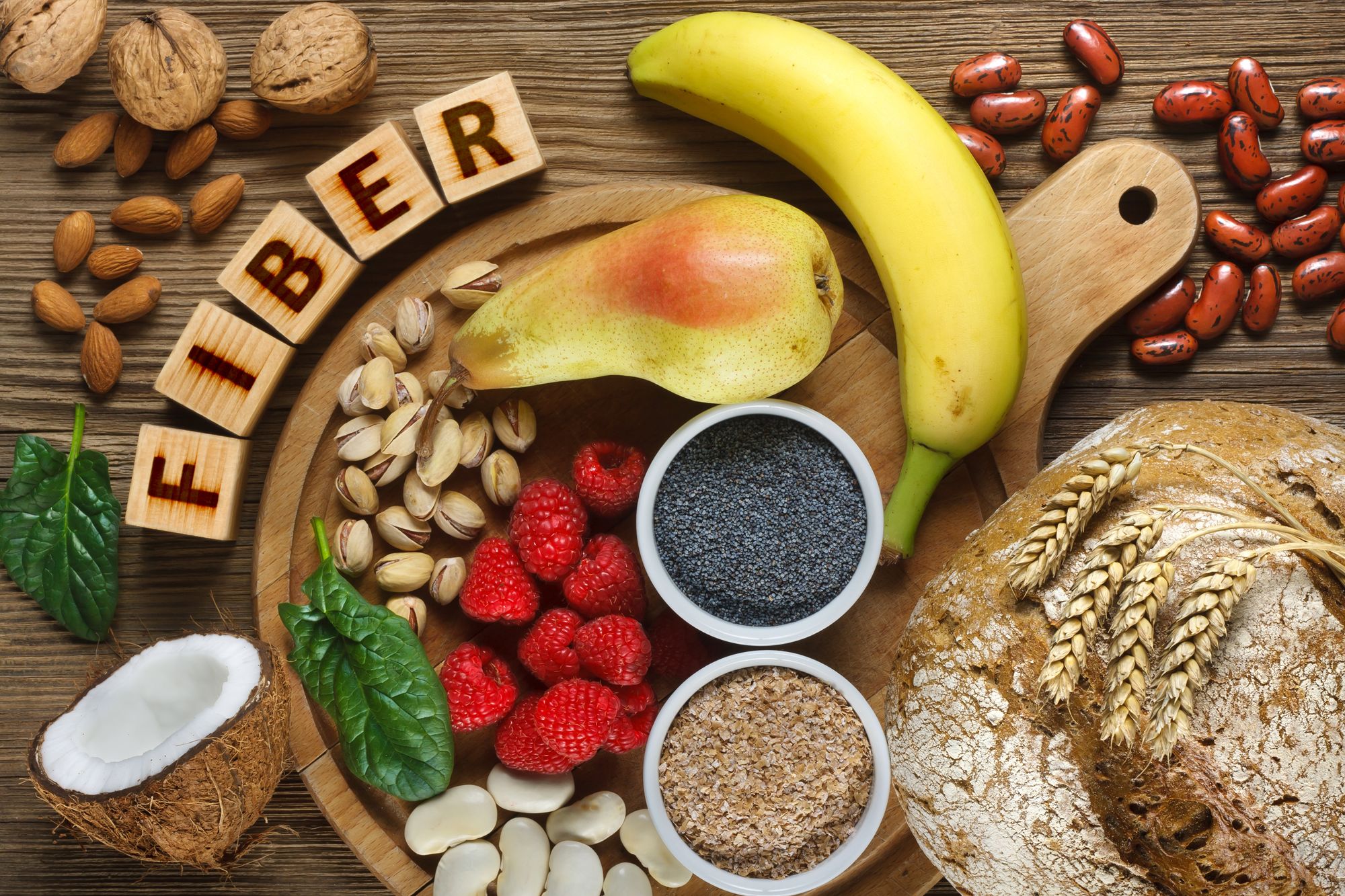
If you're aiming for weight loss and overall health, fiber should become your close companion. "Fiber enhances the feeling of fullness during meals," Dunn explains. "Its slower digestion keeps us satiated for longer periods, reducing the need for more frequent eating. Additionally, fiber supports gut health, regular bowel movements, and blood sugar control." When you head to the grocery store, be sure to stock up on delectable, filling, fiber-rich snacks for effective weight loss. Treat yourself to options like frozen chocolate-covered raspberries, avocado crackers, pear slices with cheese, and marinated artichoke hearts.
2) Embrace DASH or Mediterranean Diet Principles:
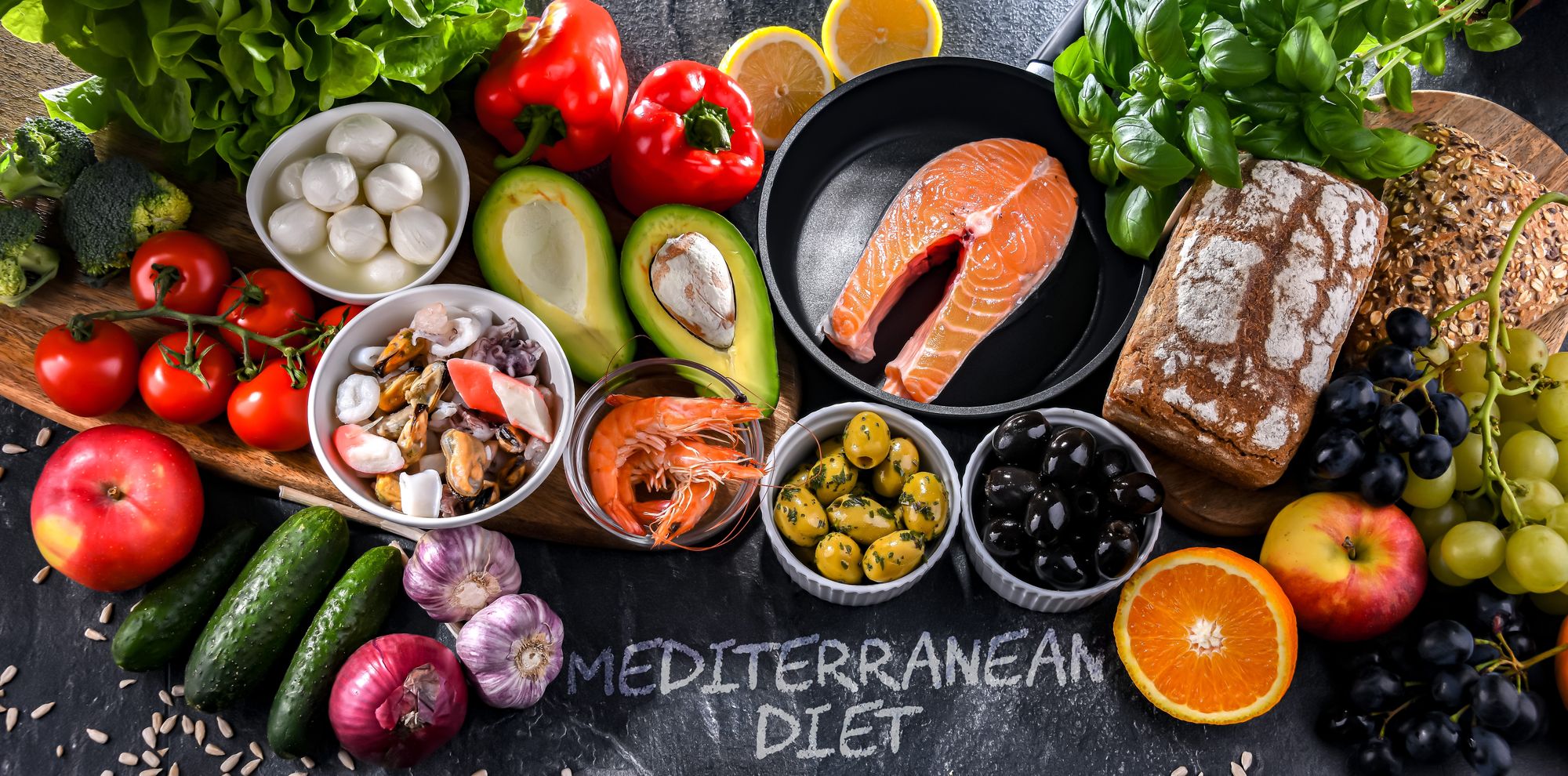
Dunn suggests incorporating foods aligned with the DASH or Mediterranean diet into your regular consumption. These diets emphasize reduced fat intake, increased healthy fats (omegas), higher fruit and vegetable intake, whole grains, and reduced added sugars. These principles prove highly effective in reducing overall body fat. The Mediterranean diet focuses on fruits, vegetables, legumes, nuts, whole grains, herbs, spices, moderate poultry, dairy, eggs, and seafood consumption. The DASH diet, designed to support heart health and weight loss, includes a range of nutritious foods like fruits, whole grains, vegetables, lean proteins, and low-fat dairy.
3) Increase Protein Intake:
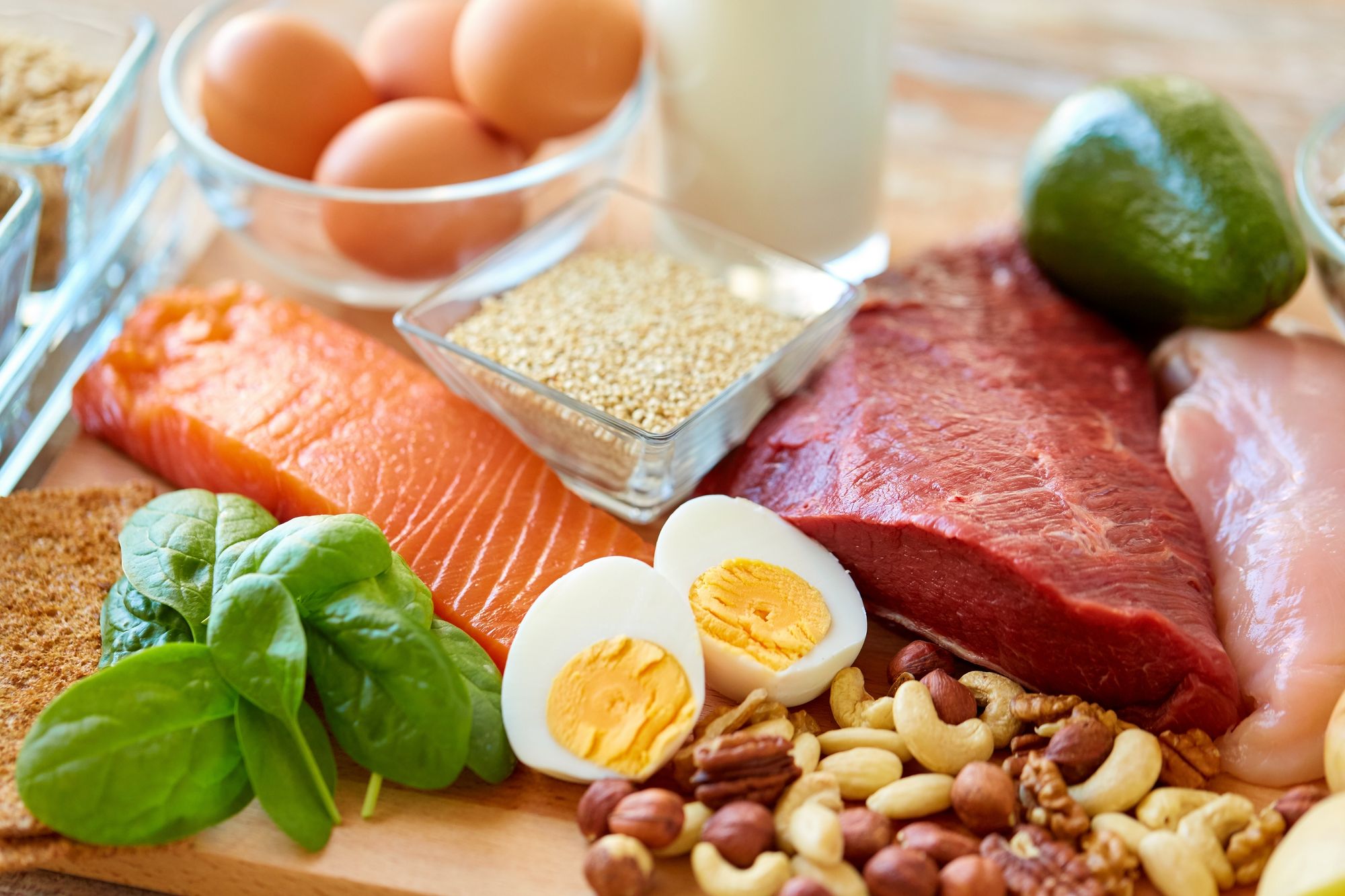
Don't overlook the importance of protein! Like fiber, boosting your protein intake is a smart move. "Older adults have an increased need for protein," Dunn advises. "Higher protein intake can aid in weight loss and maintenance while supporting muscle regeneration and recovery, crucial for recommended strength training." Shapiro concurs, stressing that meeting protein goals is essential for maintaining muscle mass, boosting metabolism, and promoting caloric burn for weight loss. Aim for 21 to 30 grams of protein per meal, equivalent to three to six ounces of lean protein.
4) Incorporate Strength Training:
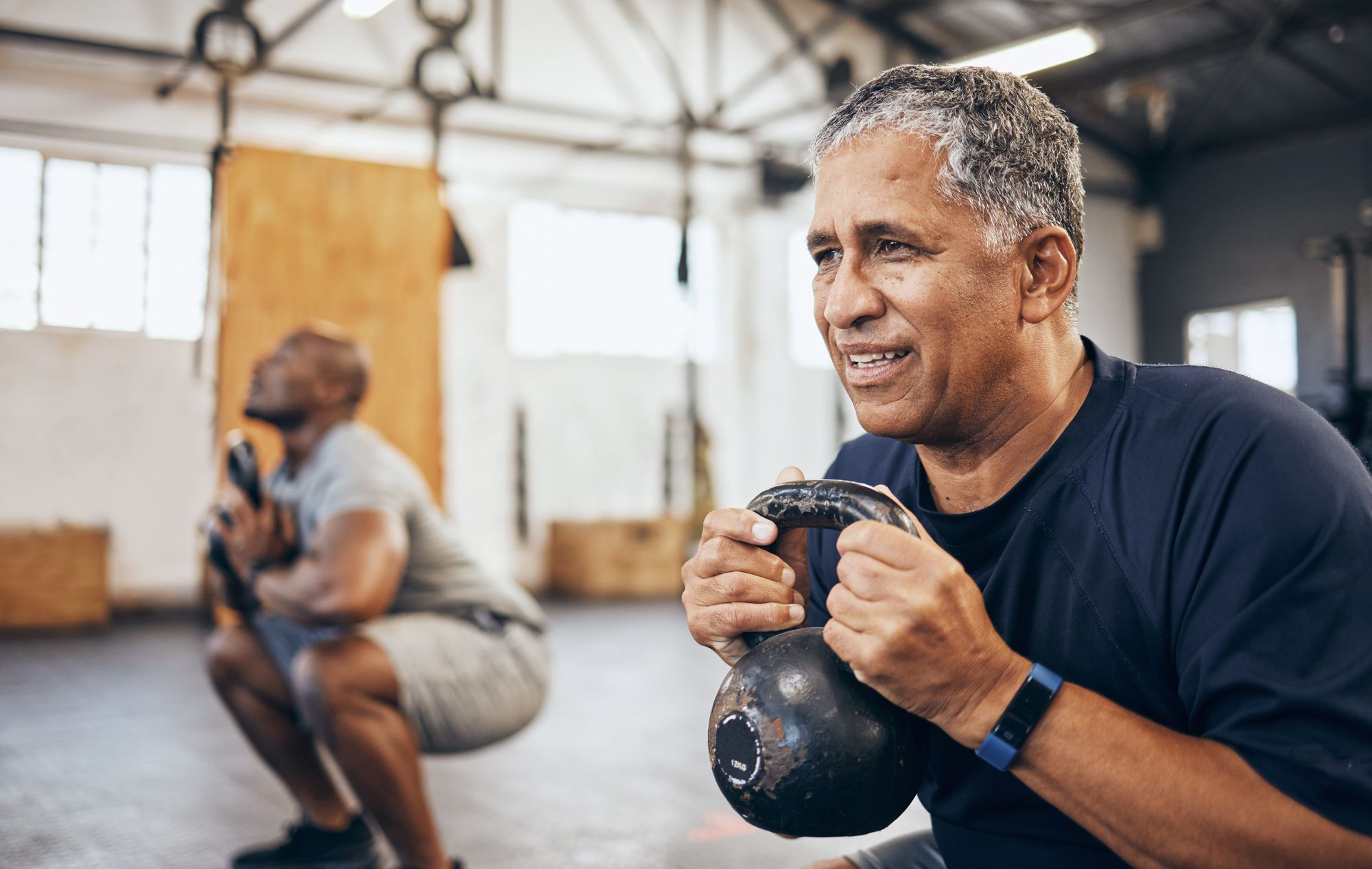
If you haven't already, it's time to embrace resistance training. With age, especially after 30, you can lose three to five percent of lean muscle mass per decade. Engaging in strength exercises can mitigate this natural muscle decline that accompanies aging. "Increased lean muscle mass also impacts metabolism, requiring more energy for maintenance," Dunn explains. "Adding resistance training can facilitate weight loss, maintain, or improve physical function."
5) Moderate Carb Intake:
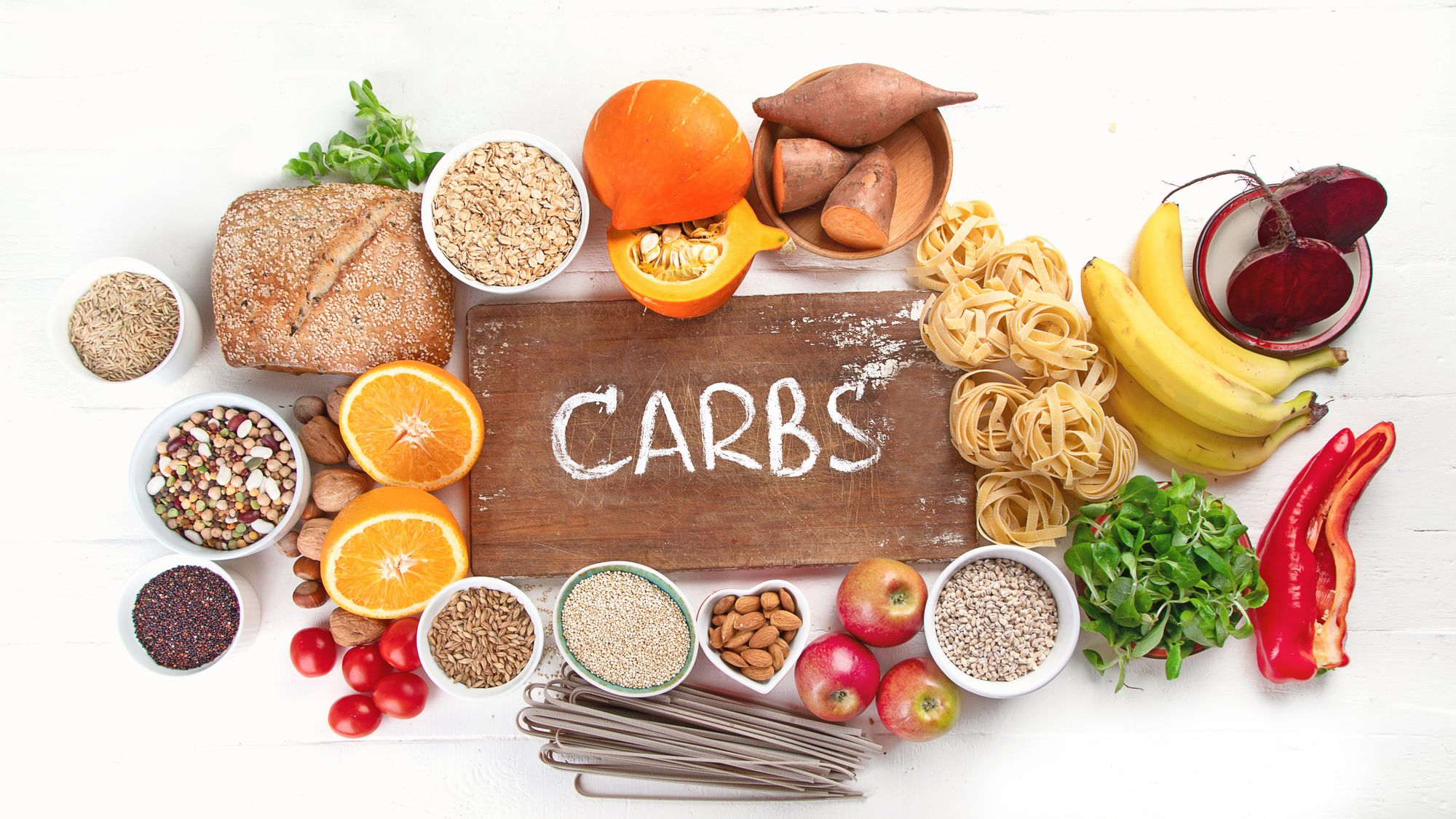
While carbs remain important after 50, they are stored more easily than in earlier years. "Our insulin sensitivity decreases, leading to excess carb storage around the midsection," Shapiro notes. She suggests opting for healthy carb sources like fruits, vegetables, and controlled portions of whole grains (around 1/3 cup per serving).
6) Explore Intermittent Fasting (IF):
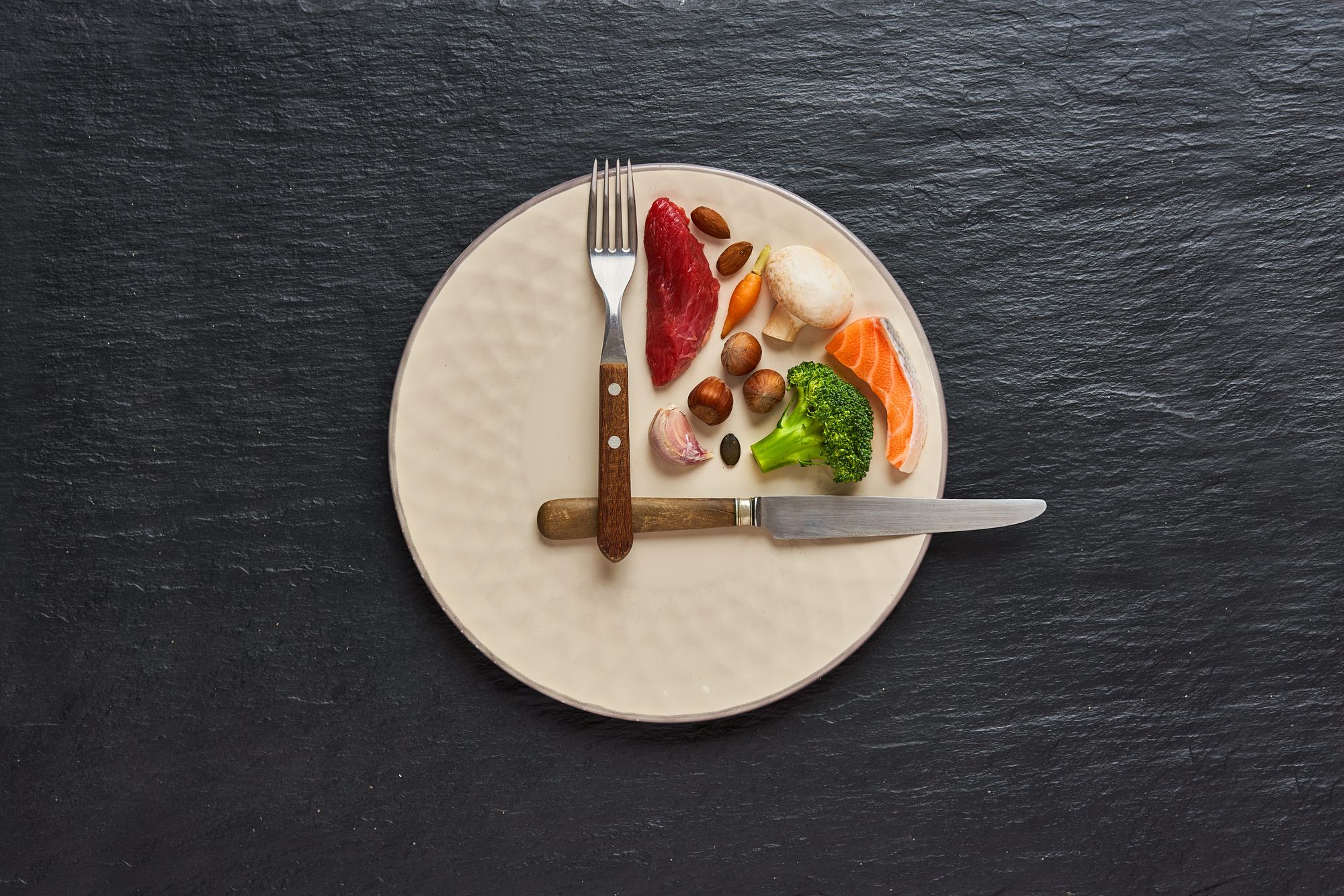
Intermittent fasting has shown promise for weight loss, according to a systematic review. As we age, IF can aid in promoting weight loss, Shapiro reveals. She recommends starting with 12 to 14 hours of fasting, adjusting based on your cycle phase, and focusing on earlier eating times to limit calorie-dense evening snacking.
7) Stay Hydrated:
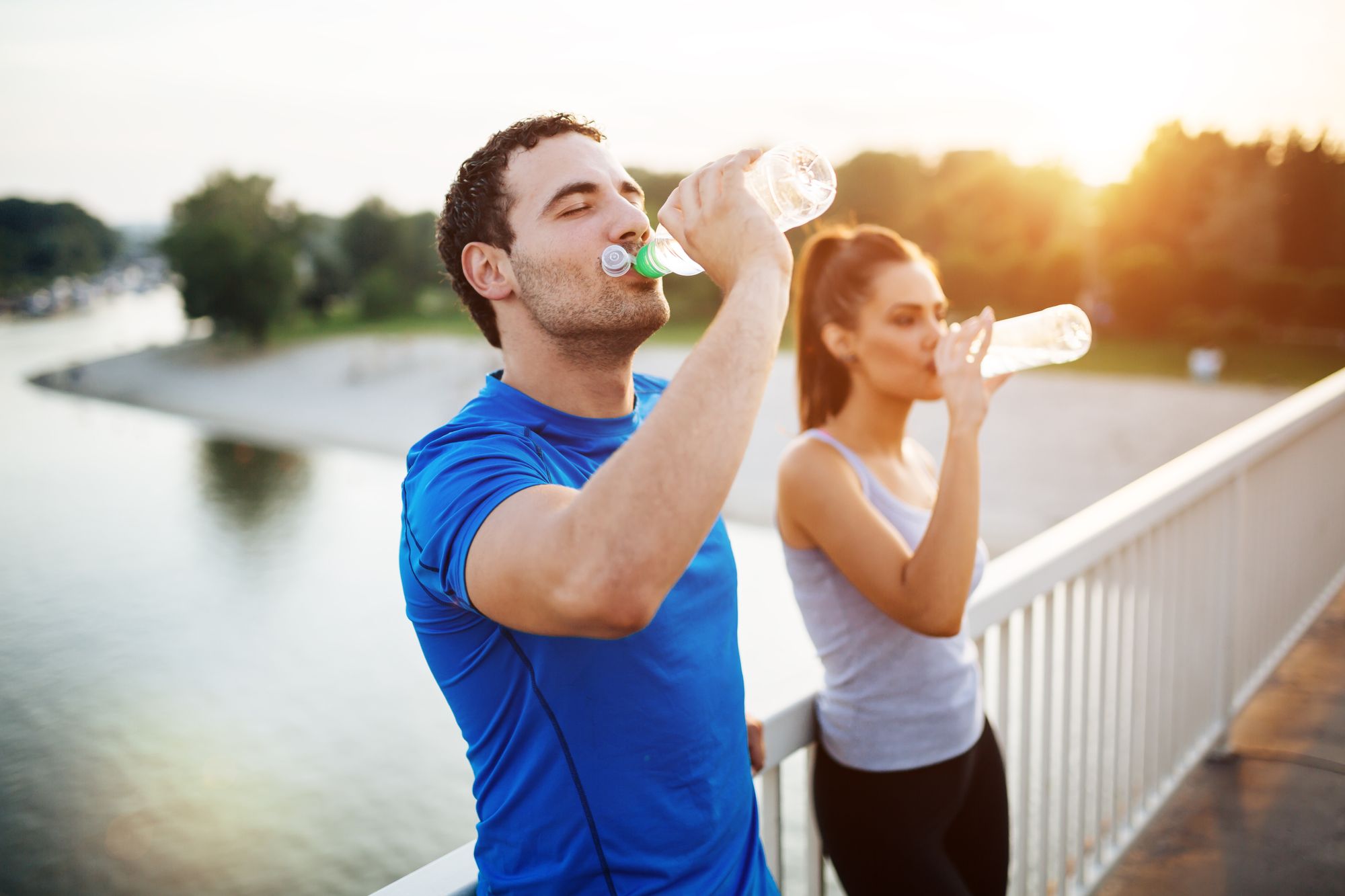
Sipping water consistently is a vital tip endorsed by experts for losing belly fat after 50. "With age, our thirst mechanism diminishes, often leaving us dehydrated," Shapiro emphasizes. Proper hydration supports digestion, energy levels, hunger control, metabolism, detoxification, and weight loss. Aim for half your weight in ounces of water daily.
Incorporating these expert-endorsed strategies into your lifestyle can pave the way for effective belly fat reduction and a healthier, leaner you.

